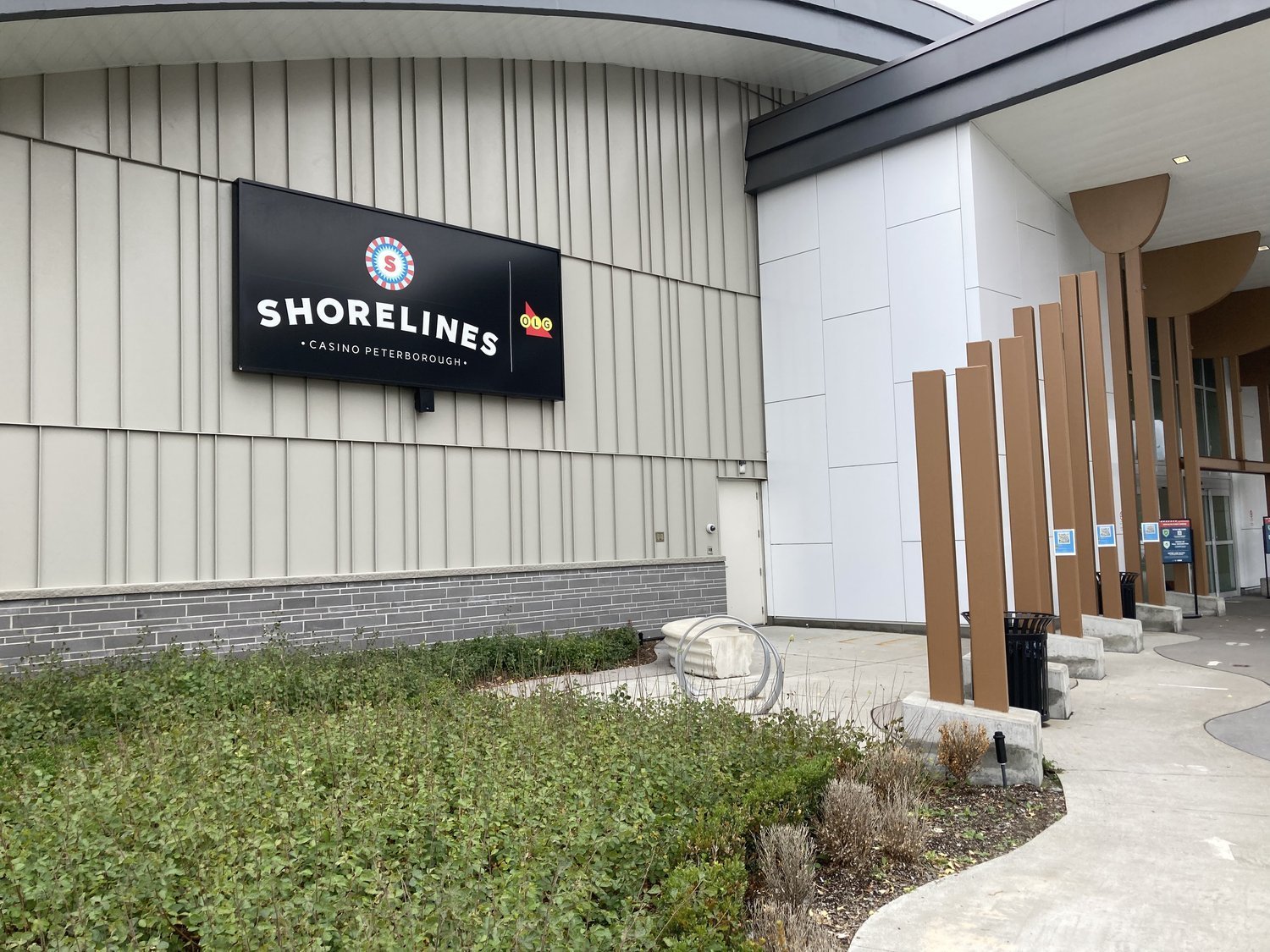City of Peterborough Releases OLG Gaming Revenue Spending
/The City of Peterborough has released its funding recipients from revenue by the Ontario Lottery and Gaming Corporation as the host community for Shorelines Casino Peterborough.
Since the gaming site opened in October 2018, the City of Peterborough has received $16,524,145. File Photo.
Ontario Lottery and Gaming Corporation revenues totaled $2,717,827 for the 2024/2025 fiscal year.
Examples of how the funding was directed to benefit the community in 2025 include:
$880,900 toward police equipment needs, including replacing vehicles
$500,000 for planting trees
$500,000 toward the City’s commitment of providing $4 million to the Canadian Canoe Museum’s capital campaign for its new facility
$473,000 for Fairhaven long-term care facility’s capital funding
$155,000 for improvements to parks
$89,100 for public art
$75,000 for sport tourism activities











